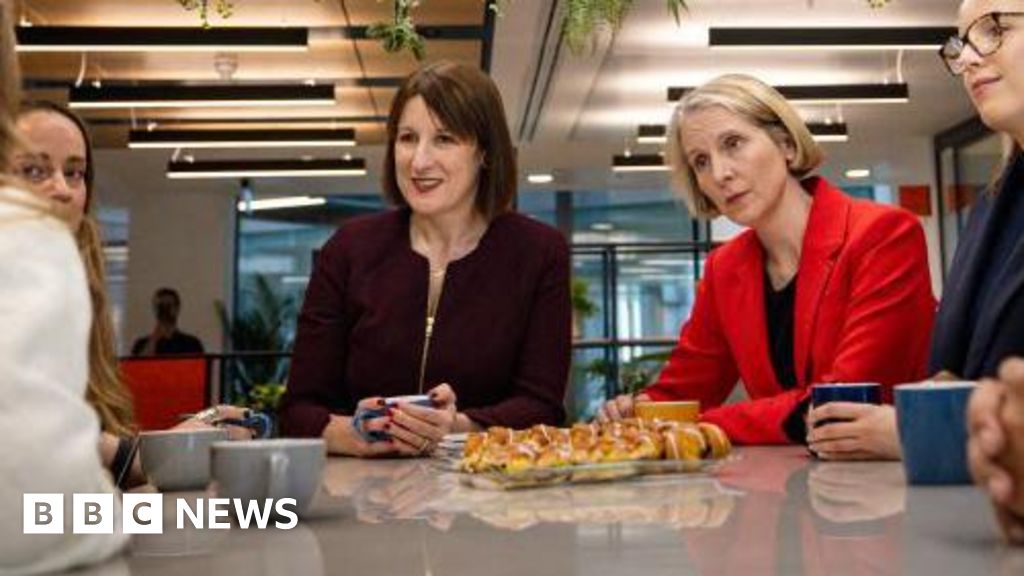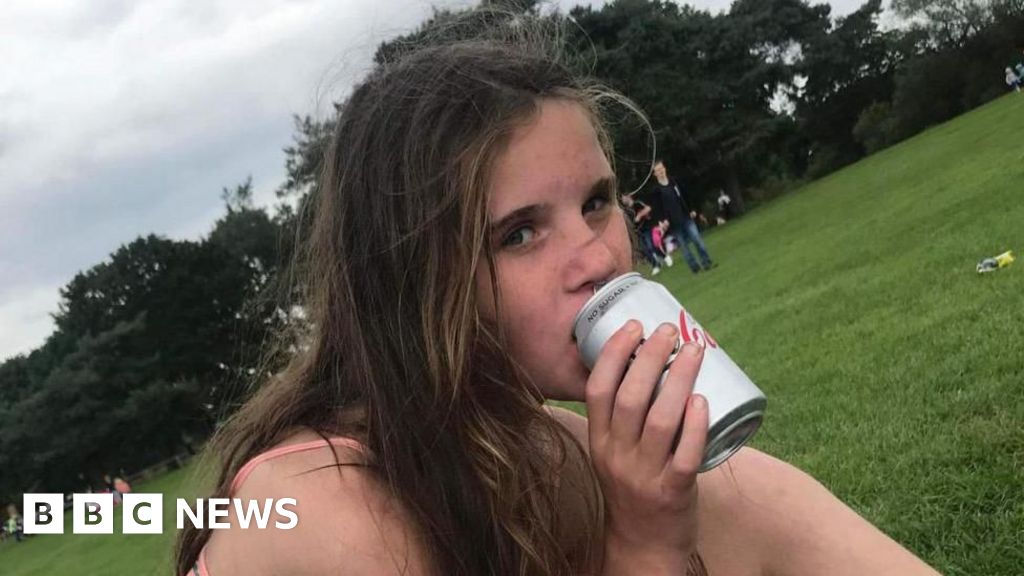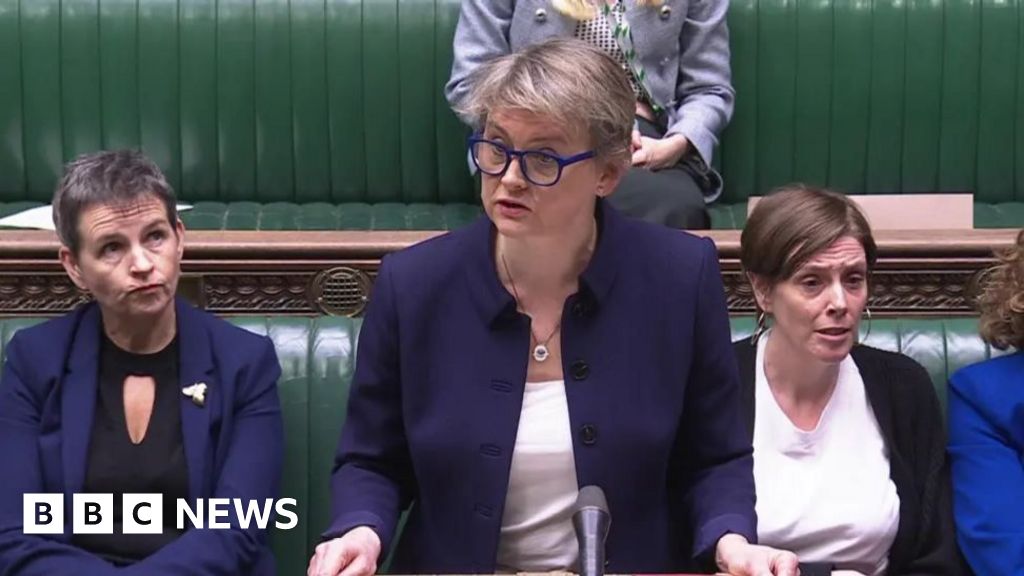ARTICLE AD BOX
Conservative MPs missed out in the lottery deciding which backbenchers can bring forward a Private Members' Bill.
These bills are an opportunity for MPs outside government to change the law, or raise awareness and thereby influence legislation around an issue of importance to them.
The ballot, which takes place towards the start of each parliamentary session, decides the 20 MPs who will get priority time for their Bill, and therefore have the highest chance of successfully getting their changes made to the law.
This year's lottery saw 15 backbench Labour MPs win, with four Liberal Democrats, and the Traditional Ulster Voice (TUV) MP Jim Allister.
The Conservatives saw their number of MPs dramatically reduced at the general election, from 365 to 121, which will have reduced their chances of winning.
There were 458 of 650 MPs in the House of Commons who entered the private members' ballot by picking a number, which is written on a white lottery ball.
Wearing white gloves, a black jacket and a high-collared white shirt the Clerk Assistant in the House of Commons, Sarah Davies, picked balls at random and passed them to the Chairman of Ways and Means, Nusrat Ghani, who announced which MP's number had been picked.
The 20 MPs picked in this year’s ballot were:
- Kim Leadbeater, Labour MP for Spen Valley
- Max Wilkinson, Liberal Democrat MP for Cheltenham
- Dr Roz Savage, Liberal Democrat MP for South Cotswolds
- Clive Lewis, Labour MP for Norwich South
- Josh MacAlister, Labour MP for Whitehaven and Workington
- Dr Scott Arthur, Labour MP for Edinburgh South West
- Jim Allister, Traditional Unionist Voice MP for North Antrim
- Peter Lamb, Labour MP for Crawley
- Alex McIntyre, Labour MP for Gloucester
- Andrew Ranger, Labour MP for Wrexham
- Jake Richards, Labour MP for Rother Valley
- Tracy Gilbert, Labour MP for Edinburgh North and Leith
- Linsey Farnsworth, Labour MP for Amber Valley
- John Grady, Labour MP for Glasgow East
- Rachael Maskell, Labour (Co-op) MP for York Central
- Ruth Jones, Labour MP for Newport West and Islwyn
- Dr Danny Chambers, Liberal Democrat MP for Winchester
- Sarah Owen, Labour MP for Luton North
- Wendy Chamberlain, Liberal Democrats MP for North East Fife
- Dr Rupa Huq, Labour MP for Ealing Central and Acton
The MPs who were picked in the ballot now have six weeks to decide on the topic of their Bill and what they’d like it to achieve, before presenting it to the Commons for its first reading on Wednesday 16 October.
Those drawn highest in the ballot usually have the best chance of making progress with their Bill and the first seven backbenchers in the list of 20 are the most likely to get a day of debate in the House of Commons.
Labour's Kim Leadbeater, the MP for Spen Valley, has topped the list so could be asked by the government to pilot potentially contentious legislation through the Commons.
This is because pushing controversial legislation through under a backbench MP rather than a government minister allows the Labour leadership to maintain political distance from it.
Sir Keir Starmer remains committed to giving MPs a free vote on assisted dying laws at some point.
The prime minister said he would provide parliamentary time for a vote if a backbench MPs proposed changing the law, but stressed the government had other "priorities for the first year or so".
Ballot Bills are usually debated on 13 Fridays in each Parliamentary session, when they take precedence over government business.
Last year's ballot saw eight Conservative backbenchers selected, alongside 10 Labour MPs, one SNP and one DUP.
Conservatives got the most picks the year before, with 11, compared to Labour's six, two for the Lib Dems and one for the SNP.

 4 months ago
23
4 months ago
23








 English (US) ·
English (US) ·